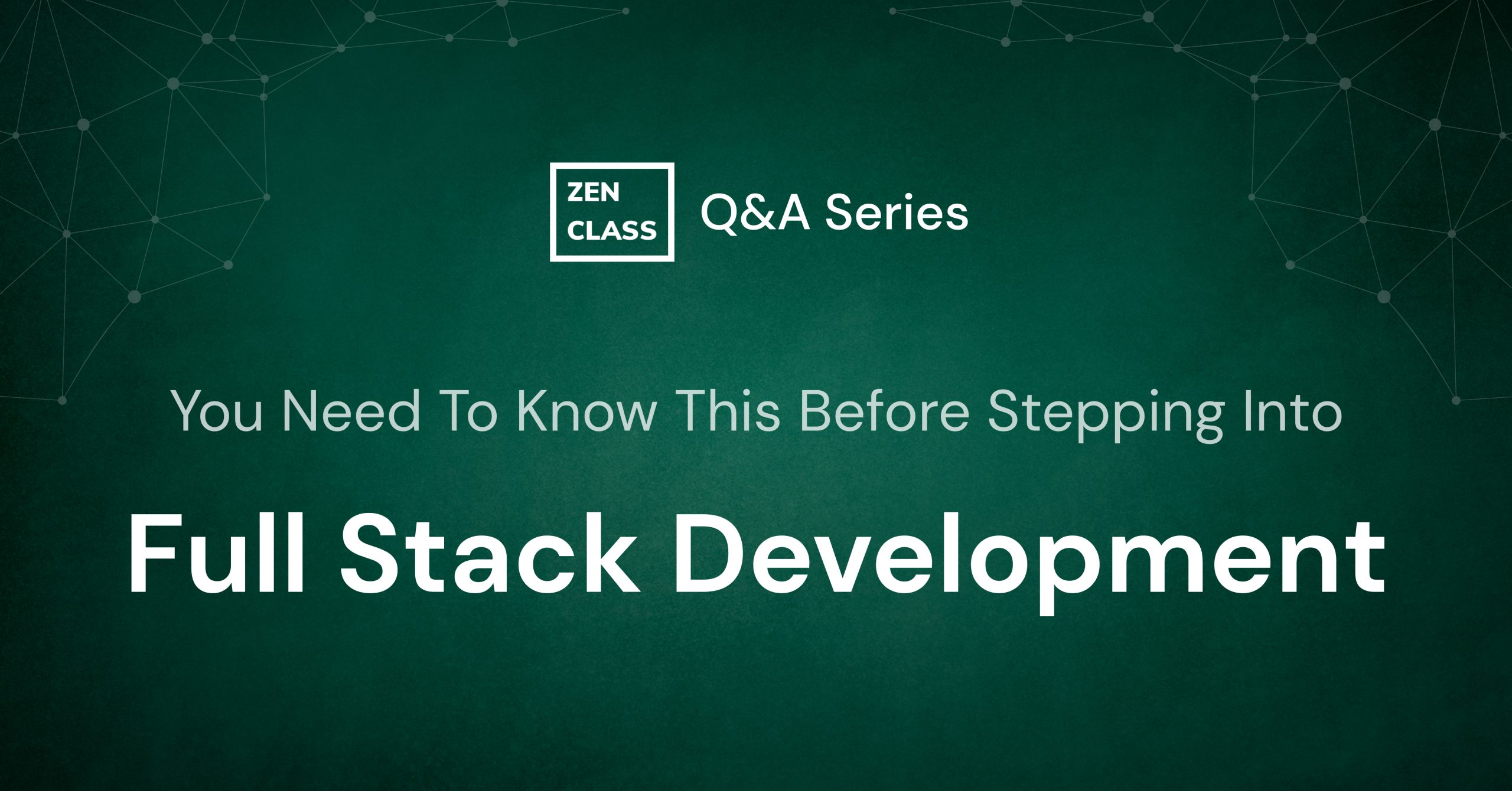
Know This Before Stepping Into Full Stack Development
Mar 24, 2024 6 Min Read 1789 Views
(Last Updated)
Is Sundar Pichai your role model? Do you wish to build your way to top product companies like Google or Amazon? Are you a student looking to build a career in IT? Then this Q&A series on Full Stack Web Development is the right place to kickstart your IT journey.
Full Stack Development, one of the growing fields with booming career opportunities, is a ticket to the big companies. In this piece of article, Mr. Arun Prakash, the Founder & CEO of GUVI Geek Network Pvt Ltd. will be addressing the most frequently asked questions around Full Stack Development in the simplest words. You must be clear with these essential topics on Full Stack Development before stepping into it.
Let’s get started, shall we?
Table of contents
- About this Q&A series on Full Stack Web Development
- Question 1: What is Full Stack Web Development?
- Question 2: What is the time duration required to learn Full Stack Web Development?
- Question 3: Am I eligible to opt for Full Stack Development, even if I am not from CS background?
- Question 4: What is the difference between Front End and Back End Development
- Question 5: Amidst the wide range of available stacks, how to choose one, and which one do you recommend?
- Wrapping Up
About this Q&A series on Full Stack Web Development
The following Q&A series on Full Stack Development is a special edition from ZEN, straight from a multi-skilled Techie & a PRO Full Stack Developer himself. Mr. Arun Prakash is one of the young CEOs, who has been an inspiration, a “go-to” & “solution to any tech query” to millions of tech aspirants. That said, this Q&A series is going to be something that has come out of more than 2 decades of experience in Full Stack Development and related domains.

Not taking up much of your reading time, let’s quickly jump into the Questionnaire below.
Some questions that you should get answered before you step into Full Stack Development
Let us start with the very basic question that pops up in our mind when we think of making a career in Full Stack Web Development. Well, before we get started, you should know that these Q&A series on Full Stack Web Development are present as videos in our YouTube channel also.
Before diving into the next section where you’ll get to know about full-stack development essentials like front-end frameworks, back-end technologies, and database management, if you are looking for a detailed Full Stack Development career program, you can join GUVI’s Full Stack Development Career Program with Placement Assistance. You will be able to master the MERN stack (MongoDB, Express.js, React, Node.js) and build real-life projects.
Additionally, if you want to explore JavaScript through a self-paced course, try GUVI’s JavaScript self-paced certification course.
Question 1: What is Full Stack Web Development?
As our CEO says, full-stack development, as complicated as it sounds, can be understood with a simple analogy of a restaurant. Yes, Full Stack Web Development explained with a day spent in the restaurant!
Full Stack Development explained with the Restaurant Analogy
Imagine that you enter a restaurant with hunger all driving you crazy. After making yourself relaxed in your comfy corner, you try and get the attention of the waiter, who comes gushing to you already. So, you give a long-page order to the waiter. Thereafter, the waiter makes sure that whatever your order is, you receive the exact food items, with all the special customizations that you demanded. It is in a way the responsibility of the waiter to make sure that you like the food.
If we speak in terms of Full Stack Web Development, the role of the waiter is in a way similar to the Front-End Developer job role. Here our CEO underlines the striking similarity between the job roles of a Front-End Developer and a waiter. Who could have imagined a resemblance here?
Not aware of how the food is getting cooked or the recipe of the same, the waiter is responsible only to receive the order and forward it to the Chef. The Chef in turn takes care of delivering food that serves the customer’s needs. Here chef’s role can be considered as the Back End development.
Time to run your brains now?
Can you tell us what in the restaurant can you relate to Database, the third element in Full Stack Development?
Yes, amidst all these ordering and food delivery moments, at the billing counter, your order data with the current status is recorded in a reliable place. This data can be registered in any form- over the paper, on the computer, or even in the cashier’s mind! And this stored information resembles the Database.
Aha!! you are not wrong if, on the contrary, you thought of the menu card as the database element. Of course, that makes sense. Here, Menu Cards have all the names of the food items that are available in the restaurant. The respective dishes come neatly labeled with their cost prices. So, in a way that is also a data store. This static form of Database is what we refer to as a customer and at the same time by the cashier too.
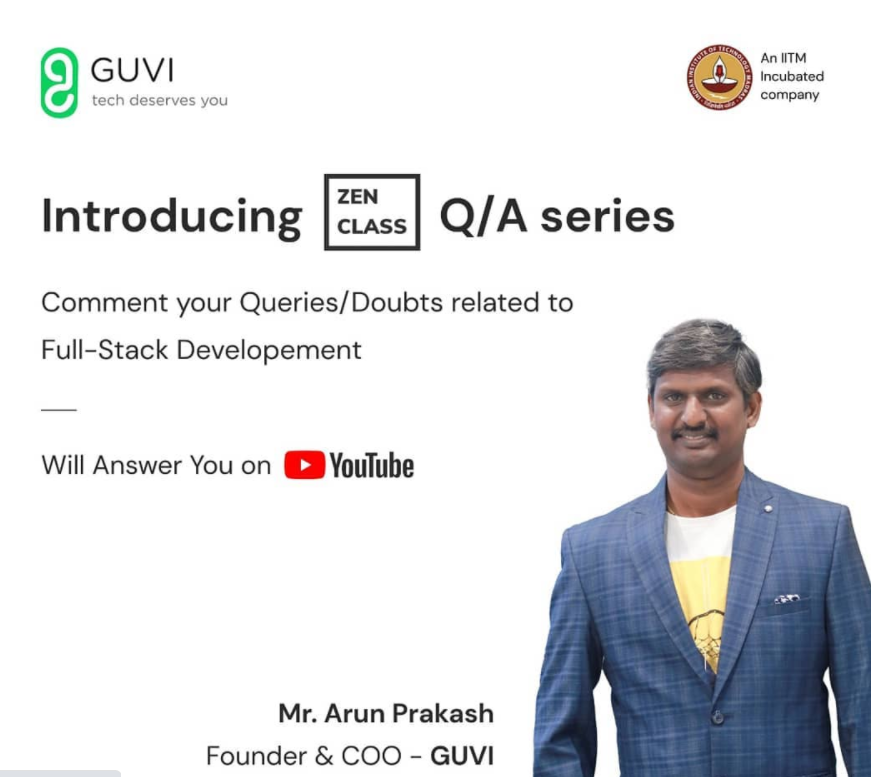
Haha! That is so in line now. All the 3 Full Stack Development elements make sense now, right?
Why is Full Stack Development gaining traction?
Bringing in the love for Cricket, Mr. Arun Prakash explains why Full Stack Development is gaining so much attention?
As we just figured out, Full Stack Development is a well-framed amalgamation of the roles of Front-End Development, Back-End Development, and Database. The underlining fact is that, over the years, multiple professionals or specialists were taking care of these job roles, individually. However, it made little sense as there was only augmented confusion and chaos! Just like a cricket field ground chaos, wherein multiple cricketers fail to take the responsibility of a missed catch!
So, to avoid this scenario, the concept of a single Full Stack Developer came in. This multi-skilled single army developer could handle the various job roles altogether.
Did you observe the beauty of learning from an experienced Teacher? Such a sorted and simple explanation to the complex Full Stack Development terminology. We are sure, you will never find yourself lost with the term Full Stack Development again! What do you think?
Here is the next video of our Q&A series on Full Stack Web Development:
Question 2: What is the time duration required to learn Full Stack Web Development?
Further, moving on to the next question in this Q&A series on Full Stack Web Development i.e What is the ideal time duration one takes to become a good Full Stack Web Developer?
According to Mr. Arun Prakash, the ideal time required to gain excellence in Full Stack Development would range somewhere between 2-3 months. Typically, 3 months is the duration that any Full Stack Developer can utilize.
Based on over 800 Zen Class candidates’ experiences, placed in top-tier companies, we’ve seen students who, when taught the right concepts with adequate projects, can crack Full Stack Interviews in 12-14 weeks. As any learning is a two-way street, it goes without saying a student should invest 15-20 hours a week to complete it in 12 weeks.
As discussed in question 1, Full Stack Development is streamlined into 3 parts. The first one is Front End. It constitutes HTML, CSS, Javascript. With a chuckle he says,
“Nowadays, HTML and CSS are present in the curicullum from like eighth grade. And only learning it is not enough. Along with that, you need to study further.”
So, if you master Front-End Development in one month, then comes the second part of the Full Stack Development i.e. the Back End. For Back End Development, you may choose to master any good frameworks and proceed with the Database. For learning all these three elements, minimum of 2 months is essential. While mastering all the akin skills in such duration is practically not possible and that is something everyone agrees upon. So, within the stipulated period you can finish these two and move forward.
Building a good portfolio is part of the winning game. Companies usually assess and hire you for what projects you showcase to them. So, there lies the secret element to success- a well-built project portfolio!
Why do companies fight to Hire students from Zen Class?
This is the process where ZEN Class stands out from the other Ed-Techs. Mentors in ZEN Class from GUVI take pride in admitting that no learner is left unattended. Though we believe in self-paced learning, still we stand by your side directing you to the best pathway that suits your learning pace. Yes, we have years of experience in training students and understanding their needs (of one and all).
Question 3: Am I eligible to opt for Full Stack Development, even if I am not from CS background?
Let’s move on to the third question in the series. Every other day, we come across some learner ushering in with the question – Can Non-CS background students (Mech, Civil, B.Sc, etc) pursue Full Stack Development? Can they get jobs?
And with a calm affirmative nod, our CEO says,
“Yes, non-CS background students can make outstanding careers in Full Stack Web Development.”
Arun Prakash, FOunder & CEO GUVI Geek network pvt. ltd.
We have multiple students who have gone beyond their expectations and made it extravagant in Full Stack Web Development. This time hear it from Venkat Prasad, a Biomedical Engineer who steered the wheels of his career with a 360-degree shift and made his best Full Stack Development career.
Career Transformations of ZEN students
We have seen many such transformations happening in and around ZEN for better reasons. Full Stack Development is one such developing field that counts your performance more than your experience. Well, we don’t say that experience doesn’t matter. It makes a difference, for sure! However, even a fresh graduate from an altogether different field of expertise can make a great career in Full Stack Development, if they wish to do!
Moving on with the next Full Stack development-based question below.
Question 4: What is the difference between Front End and Back End Development
Oh yes! This is another most frequently appearing Full Stack Development question.
To this, Mr. Arun Prakash shares a brief explanation on this in our Q&A series on Full Stack Web Development. He says that Front End is comparatively the easy part. If you master HTML, CSS, Javascript, Front-End Development is like learned. No doubt, you will have to top it with some frameworks around these skills and kickstart your igniting career in Full Stack Web Development. However, according to him, the problems arrive when Back End comes in to picture.
The difficulty lies in the fact that Back End can be written in any language. The language can vary from C, C++, Java, Python, PHP, Node JS, Javascript, Ruby, Elixir, etc.
Bringing back the restaurant analogy, we can understand Back End Development here. The waiter who serves us is least aware of the recipe of the dish. The waiter is only concerned about the presentation and timely delivery of the food that is served. However, the Chef owns the whole-n-sole responsibility of the taste and delicacy of the served food. Back End development, likewise, is responsible to mark a check on the server-side development. The developer can probably use any framework but they should end up obtaining the desired server-side functionality.
About Career Program Mentorship
Zen Mentorship is the backbone of our course. Experienced mentors in the team make sure that you as a student get closer to your dream job by picking up the right career path. Above all, our mentors are approachable and available for assistance, when you ask for any help. You can go one-on-one with mentors in the special “Talk To Your Mentor” sessions. Your mentors study you and track your progress daily. They can assist you to target the right companies for interviews.
Question 5: Amidst the wide range of available stacks, how to choose one, and which one do you recommend?
Is this the same question, you were about to ask? We sensed it.
Mr. Arun Prakash suggests that there are multiple framework options available out there. Just like a movie getting released every Friday, new frameworks make an entry into the tech world every now and then. Introducing the most popularly used Stacks, our techie CEO highlights MERN and MEAN stacks.
Some of the most popular Frameworks to work are
MERN- M- MongoDB, E- Express JS, R for React JS, and N for NodeJS stack,
MEAN- M-MongoDB, E- Express JS, A for Angular, and N for NodeJS stack,
MEAJ- M-MongoDB, E- Express JS, A for Angular, and J for Java stack,
MEAP- M- MongoDB, E- Express JS, A for Angular, and P for Python stack,
Ruby on Rails, etc
Mr. Arun Prakash explains,
“Frankly, anyone can be a Full Stack Developer. How? Anyhow, HTML & CSS is taught from the 8th standard, nowadays. Whoever is asking this, anyhow would have passed the 8th standard. That’s the reason why I am saying anyone can become a Full Stack Developer. That won’t be a problem!”
According to him, the only real problem that anyone would face is the programming part. That is so true! Nobody can instill in you an interest in coding. Coding is a skill that comes from within- the logical thinking part. If you want to test yourself, then you should test your logic is what was recommended by Mr. Arun.
Test your coding skills with CODEKATA
Codekata is the award-winning practice platform that GUVI offers to you as part of their curriculum.
Wrapping Up
So, that was an interesting round of questionnaires answered by the Expert himself. We hope this Q&A series on Full Stack Development was helpful. We will be coming up with more engrossing topics of discussion on our blog page.
GUVI Blogs- bcoz tech deserves you!
Full Stack Development is one of the most promising careers in 2021. Learn the appropriate skills and make an exclusive career as a Full Stack Developer. Get started here-
Check out Career Programs from GUVI- Full Stack Web Development Bootcamp with Placement Assitance
Zen Class is one of the industry’s leading Project-Based Full Stack Development Programs that promises comes with hands-on Placement assistance. Conducted by GUVI Geek Network Pvt Ltd., the IIT Madras incubated company & designed by our Founders (Ex-Paypal Employees) offers mentoring through experts from companies like Google, Microsoft, Flipkart, Zoho & Freshworks for placing you in top companies with high salaries.
This Bootcamp is a one-place solution to make you job-ready and one of the top picks for every employer with 1000+ hiring partners! Keep Learning & Keep Growing.
Alternatively, if you want to explore JavaScript through a self-paced course, try GUVI’s JavaScript self-paced course.

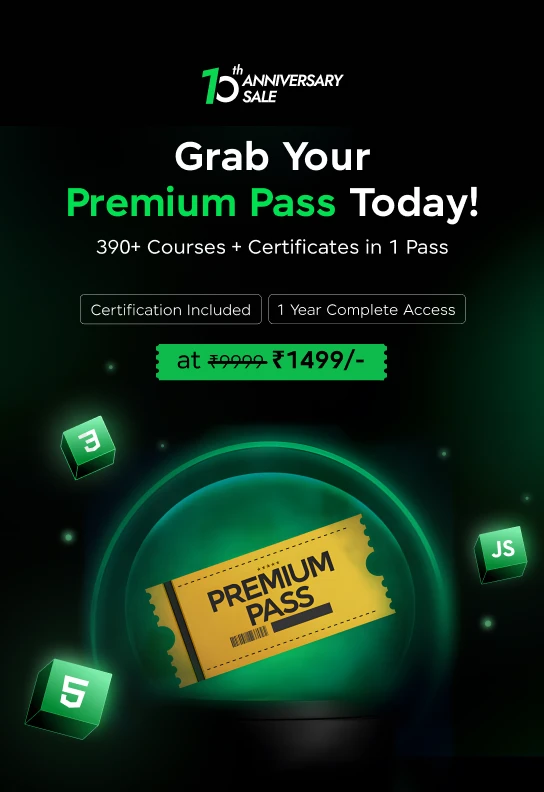









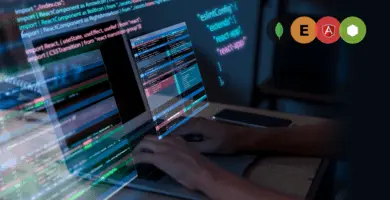
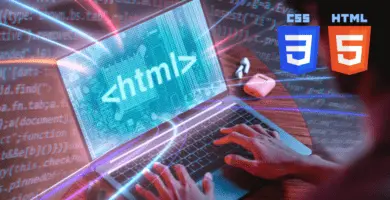








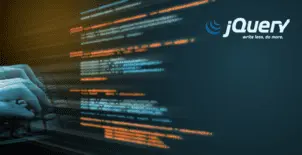
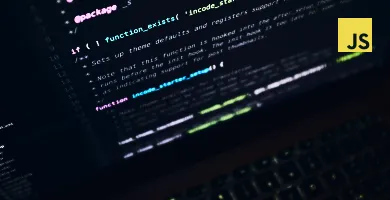



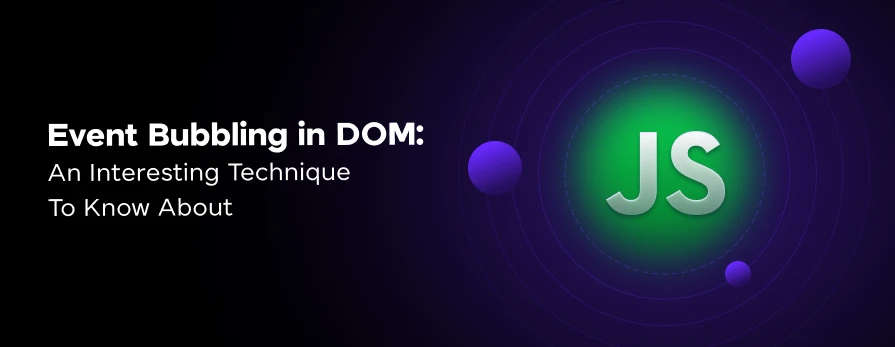

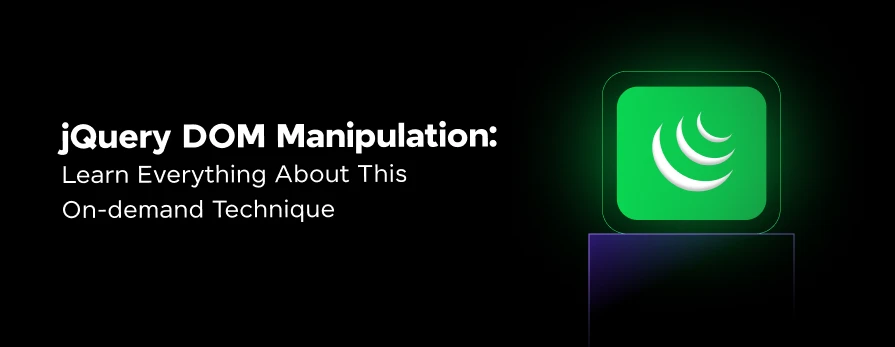
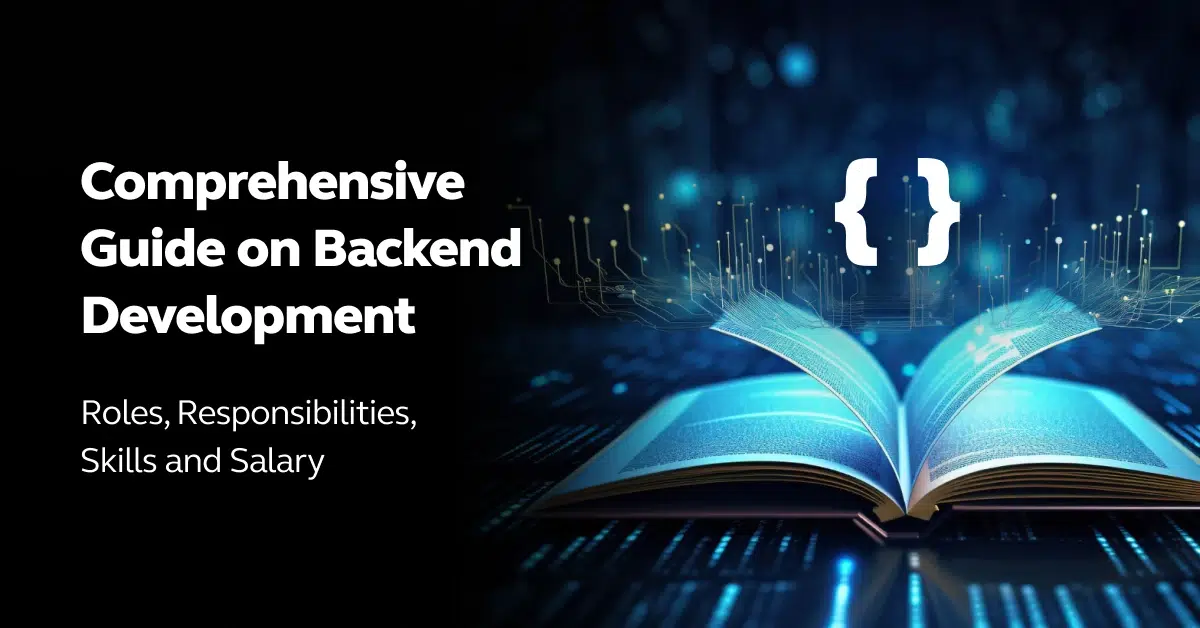

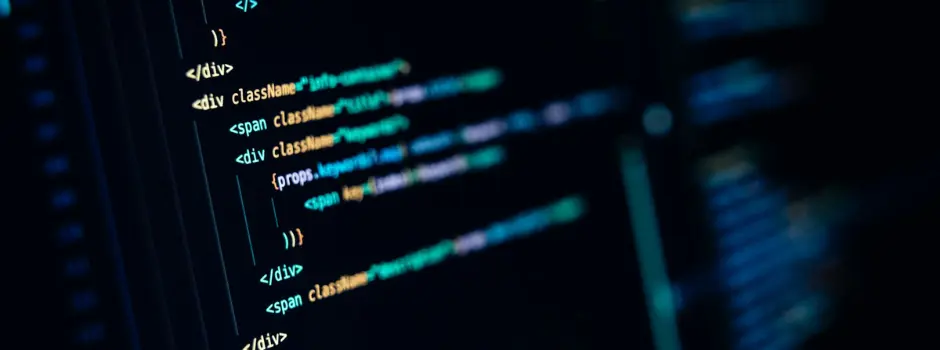
Did you enjoy this article?